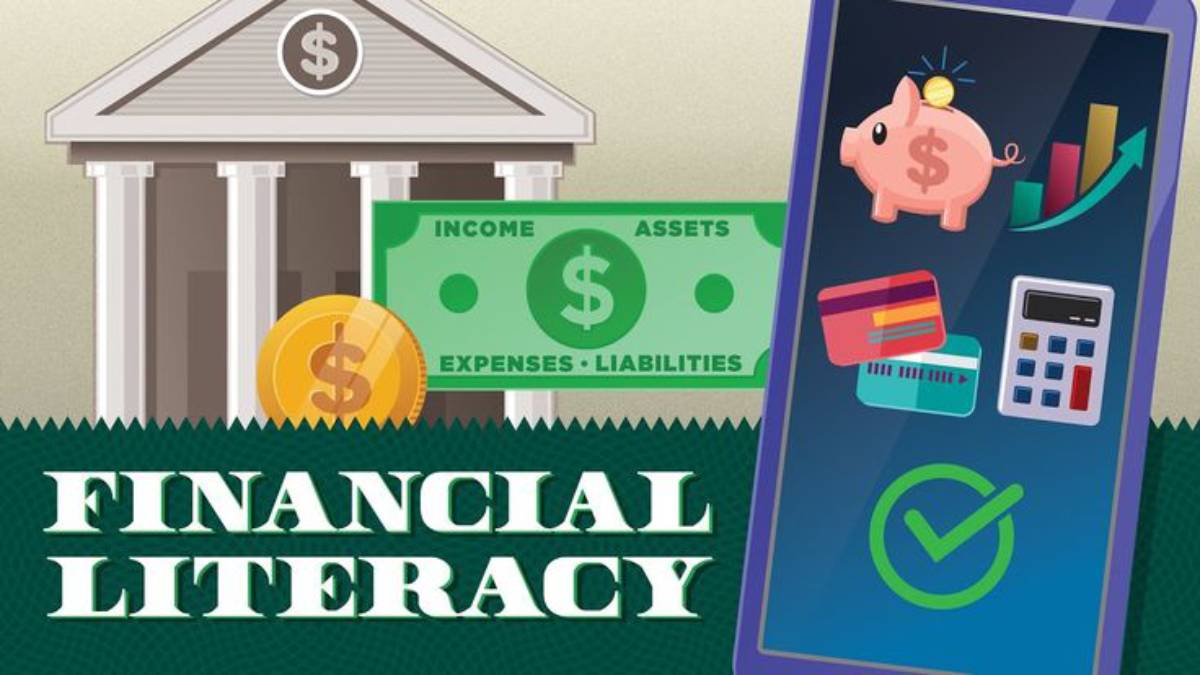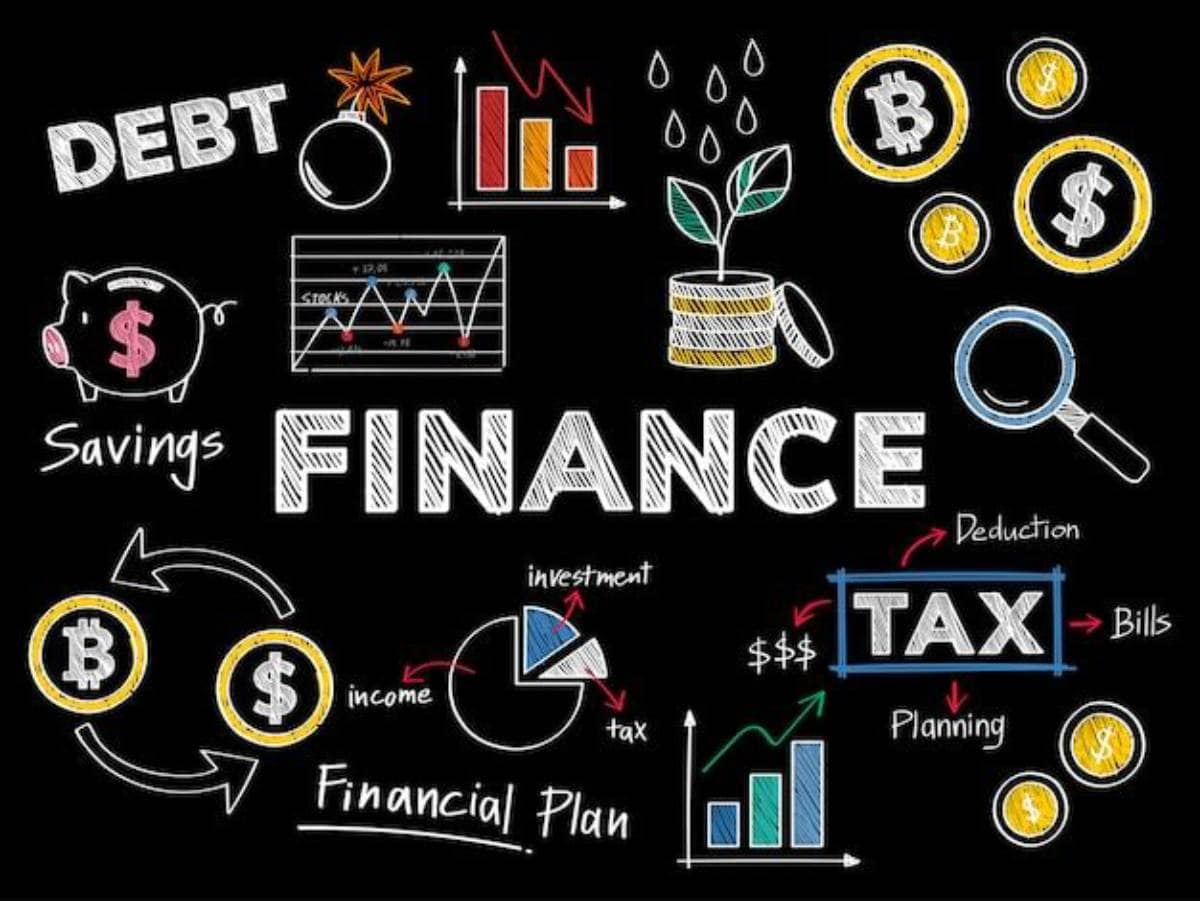Introduction
Managing personal finances is a challenge that most people face at some point in life. From budgeting to saving for retirement, financial well-being requires discipline and smart decision-making. But don’t worry — with the right strategies, you can take control of your finances and achieve financial freedom. This blog will provide practical, easy-to-follow advice to boost your financial health. You’ll discover 10 essential personal finance tips, including how to budget, manage debt, build wealth, and secure your financial future.
1. Create a Realistic Budget
A budget serves as a financial roadmap, helping you understand where your money is going. By setting limits on expenses and allocating funds to savings, you’ll have better control over your finances.
How to Do It:
- Calculate your total income.
- List your fixed and variable expenses.
- Allocate funds for essentials, savings, and leisure.
- Use budgeting tools like Mint, YNAB, or Excel spreadsheets to track your progress.
Pro Tip: Review your budget monthly and make adjustments as your income or expenses change.
2. Track Your Expenses
A lot of individuals don’t realize how much money they spend every day. Monitoring your spending enables you to spot wasteful spending and places for savings.
How to Do It:
- Record daily expenses manually or use apps like PocketGuard or Goodbudget.
- Categorize expenses (e.g., groceries, transportation, dining, etc.).
- Identify areas where you’re overspending.
Pro Tip: Set spending limits for each category and stick to them to avoid impulsive purchases.
3. Build an Emergency Fund
An emergency fund serves as a safety net for unforeseen costs, such as auto repairs or medical bills. Without one, you might rely on debt during emergencies.
How to Do It:
- Begin by setting aside a modest, doable sum of money, such as $500.
- Increase it gradually until it covers 3 to 6 months ‘ worth of costs.
- Store funds in a separate, easily accessible savings account.
Pro Tip: Automate savings transfers from your checking account to your emergency fund to make saving easier.
4. Prioritize Debt Repayment

Debt can weight you down, affecting your mental and financial well-being. Paying off debt early helps free up income for savings and investments.
How to Do It:
- Use the debt snowball method (paying off smaller debts first) or the avalanche method (paying off high-interest debt first).
- Avoid taking on new debt unless necessary.
- Use windfalls, bonuses, or extra income to pay down debt.
Pro Tip: Consider debt consolidation if you have multiple high-interest loans to reduce your overall interest payments.
5. Save for Retirement Early
Your money will have more time to grow through compound interest if you begin saving for retirement early.
How to Do It:
- Open an IRA or make contributions to employer-sponsored plans such as a 401(k).
- Take advantage of employer matching contributions.
- Increase contributions annually or whenever your income increases.
Pro Tip: Start with small contributions and gradually increase them. Every small addition counts in the long run.
6. Cut Unnecessary Expenses
Many people overspend on non-essential items. Cutting back on these expenses can significantly boost your savings.
How to Do It:
- Differentiate between “wants” and “needs.”
- Cancel unused subscriptions and memberships.
- Look for ways to reduce utility bills, like using energy-saving appliances.
Pro Tip: Use a 30-day rule for big purchases. If you’re still sure about the purchase after 30 days, then it’s likely a worthwhile investment.
7. Build Multiple Streams of Income
It can be dangerous to rely just on one source of income. Having several sources of income boosts your wealth and provides financial stability.
How to Do It:
- Start a side hustle (freelancing, online business, etc.).
- Invest in dividend-paying stocks or rental properties.
- Monetize your skills through online courses, consulting, or workshops.
Pro Tip: Diversify your income streams so that one loss doesn’t severely impact your financial situation.
8. Invest Wisely
Investing helps grow your wealth over time, but smart investing requires knowledge and strategy.
How to Do It:
- Diversify your investments to reduce risk.
- Research investment options like stocks, ETFs, and mutual funds.
- If you are new to investing, consult financial advisors.
Pro Tip: Invest with a long-term mindset and avoid panic selling during market downturns.
9. Improve Your Financial Literacy

The secret to making wise financial decisions is financial knowledge. By improving your knowledge, you’re better prepared to handle financial challenges.
How to Do It:
- Go through books like The Total Money Makeover and Rich Dad Poor Dad.
- Take online courses from Coursera, Udemy, or Khan Academy.
- Follow financial experts and blogs.
Pro Tip: Make a habit of learning one new financial concept each month to steadily increase your financial literacy.
10. Protect Yourself with Insurance
Insurance provides financial protection in case of unexpected events, like illness, accidents, or property damage.
How to Do It:
- Purchase health, life, and property insurance based on your needs.
- Regularly review your policies to ensure adequate coverage.
- Compare insurance providers to get the best rates.
Pro Tip: Don’t underestimate the importance of insurance. Being overprepared is preferable to being under protected.
Common Mistakes to Avoid
- Using credit cards excessively without a plan for repayment
- Not saving for emergencies
- Ignoring the importance of retirement planning
- Spending beyond your means
- Failing to invest in financial education
Conclusion
Personal finance doesn’t have to be overwhelming. By following these 10 essential tips, you can take control of your finances and set yourself up for a more secure future. Start by budgeting, tracking expenses, and saving for emergencies. Reduce debt, build income streams, and invest for long-term growth. Remember, even small steps today can lead to significant financial gains tomorrow. Take charge of your financial future now and achieve the financial freedom you deserve.









